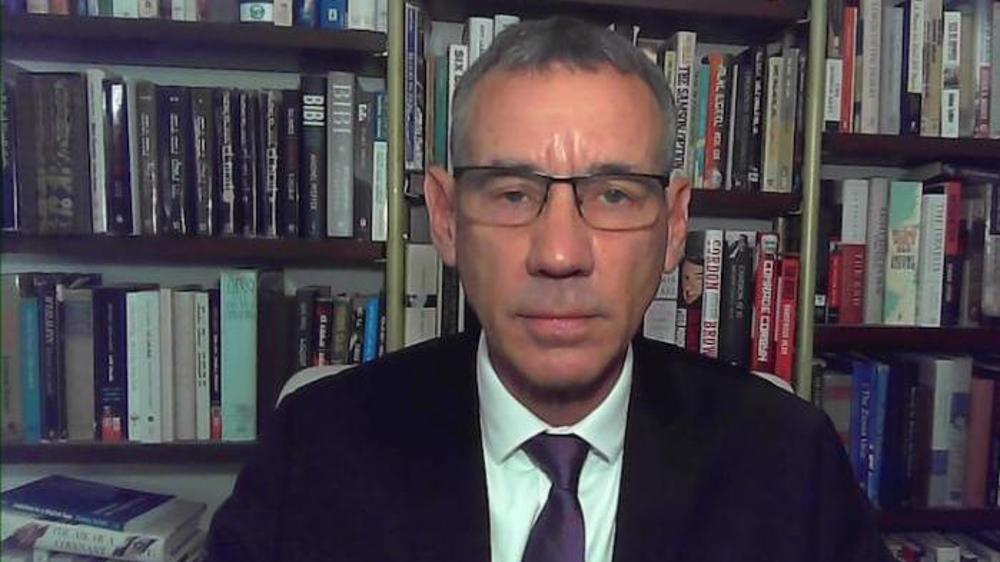Armenian PM’s bloc scores landslide victory in snap parliamentary elections
The alliance of Armenia’s acting Prime Minister Nikol Pashinyan has scored a landslide victory in snap parliamentary elections, enabling the premier to consolidate his authority months after he rose to power on the back of anti-government protests in the ex-Soviet state.
The centrist two-party bloc— My Step Alliance — led by Pashinyan’s Civil Contract party garnered 70.45 percent of the vote in Sunday’s election, the Central Election Commission’s (CEC) results showed Monday.
Its nearest rival, the moderate Prosperous Armenia party, won just over 8 percent and Bright Armenia, a liberal pro-Western party, won about 6 percent of the vote, the commission said.
Nine political parties and two electoral blocs were running in the vote to secure seats at the 101-seat National Assembly. Each party needs at least 5 percent of the vote to enter the legislative chamber, while blocs need 7 percent or more.
Under Armenia’s constitution, 30 percent of seats in parliament must go to opposition parties.
“After the elections, we will be developing Armenian democracy and make an economic revolution happen,” Pashinyan told reporters after casting his vote on Sunday.
Pashinyan, a journalist turned politician, was elected Armenia’s prime minister by the parliament in May, after leading weeks of protests against alleged corruption and graft in the country.
The protest movement kicked off when the ex-president, Serzh Sargsyan – who was barred by the constitution from seeking a third term -- became premier instead, prompting accusations that he was seeking to cling to power.
In the face of the protests, Sargsyan, 63, was forced to resign on April 23.
After becoming premier, Pashinyan stepped down from his post in October in a bid to dissolve the parliament and pave the way for early elections so he could secure a parliamentary majority for his party.
The resignation came after the Pashinyan government’s proposed changes to the electoral code were blocked by the ex-ruling Republican Party, which dominated the parliament.
Elections had not been scheduled to be held until 2022.
“Armenian citizens created a revolutionary majority at the parliament,” Pashinyan told reporters at his bloc’s headquarters after the first results were published.
“If this trend continues, the majority won’t face any problems in implementing legislative changes,” he added.
The revised constitution of Armenia, the small South Caucasus country of around 3 million people, has made the presidency largely ceremonial, but strengthened the office of the prime minister.
Russian court orders Google to pay staggering fine of $20 decillion
Yemeni forces carried out five operations in Haifa, targeting six ships, in one year: Report
VIDEO | US-Israeli war on West Asia
Israeli war machine fails to penetrate Lebanon despite barbaric bombardment: Houthi
VIDEO | Is West's dominance over?
VIDEO | Five Syrians killed in Israeli airstrikes on al-Qusayr near Homs
VIDEO | South African resistance leaders reflect on ways to overcome Israeli aggression
VIDEO | Press TV's news headlines














 This makes it easy to access the Press TV website
This makes it easy to access the Press TV website